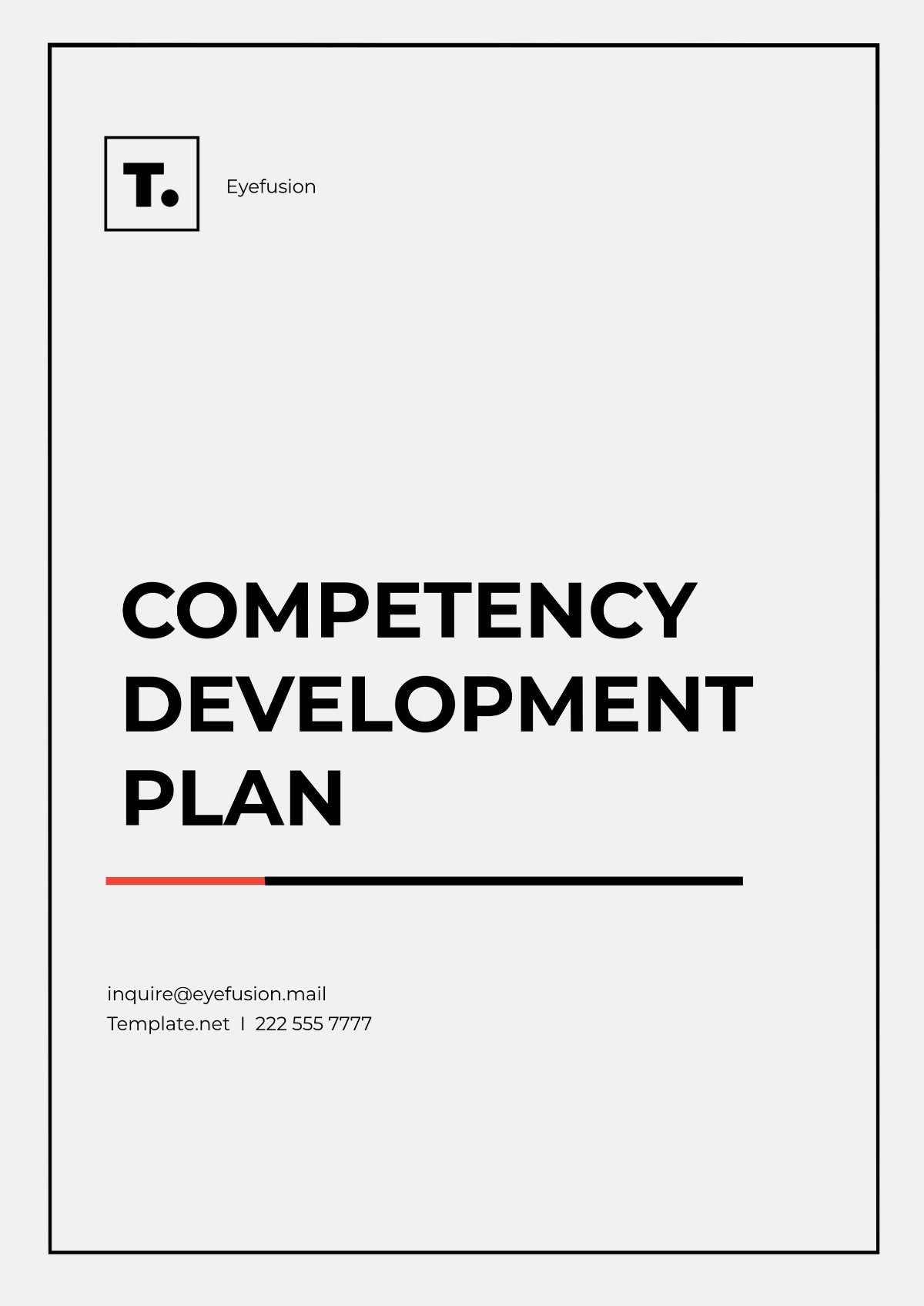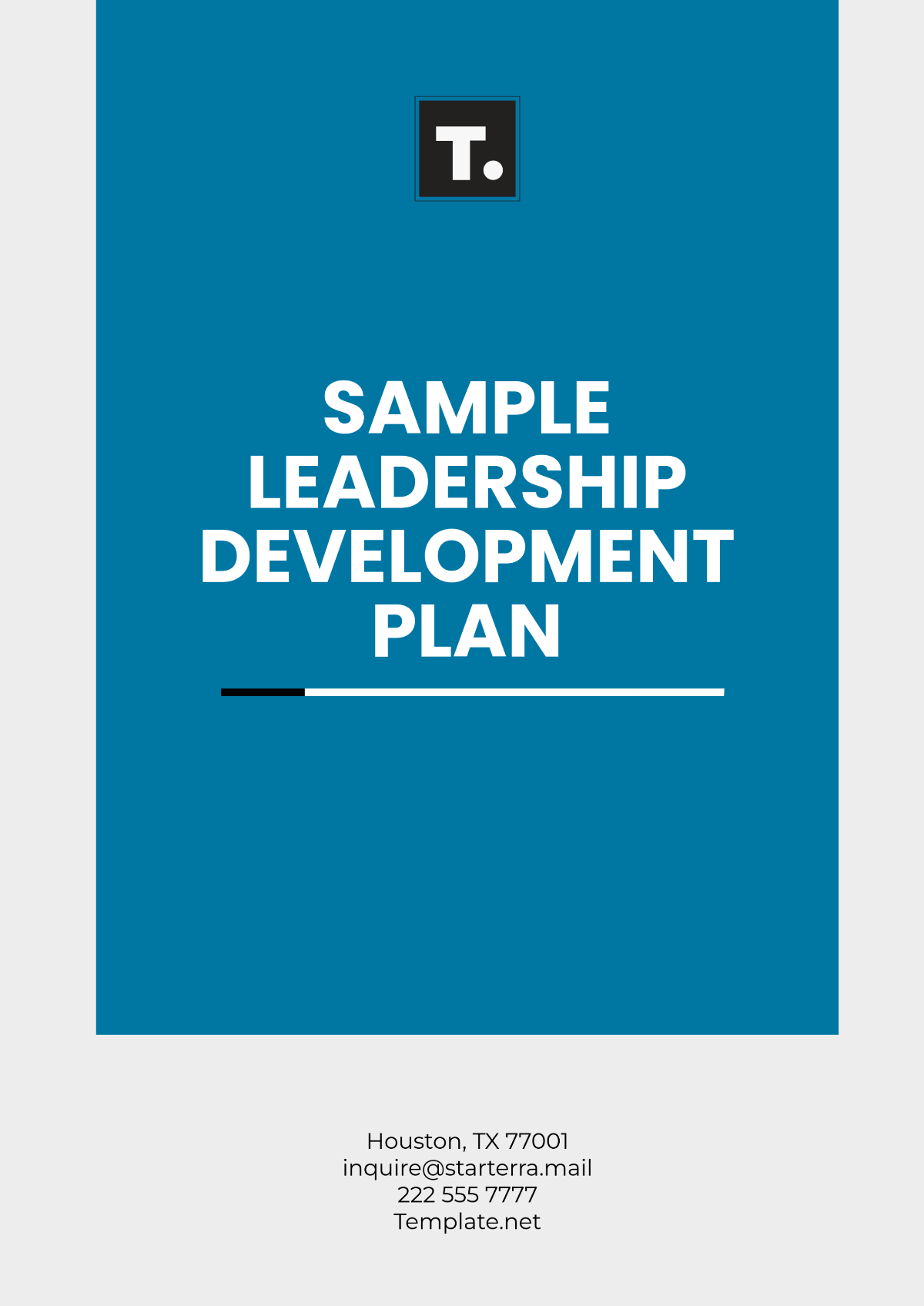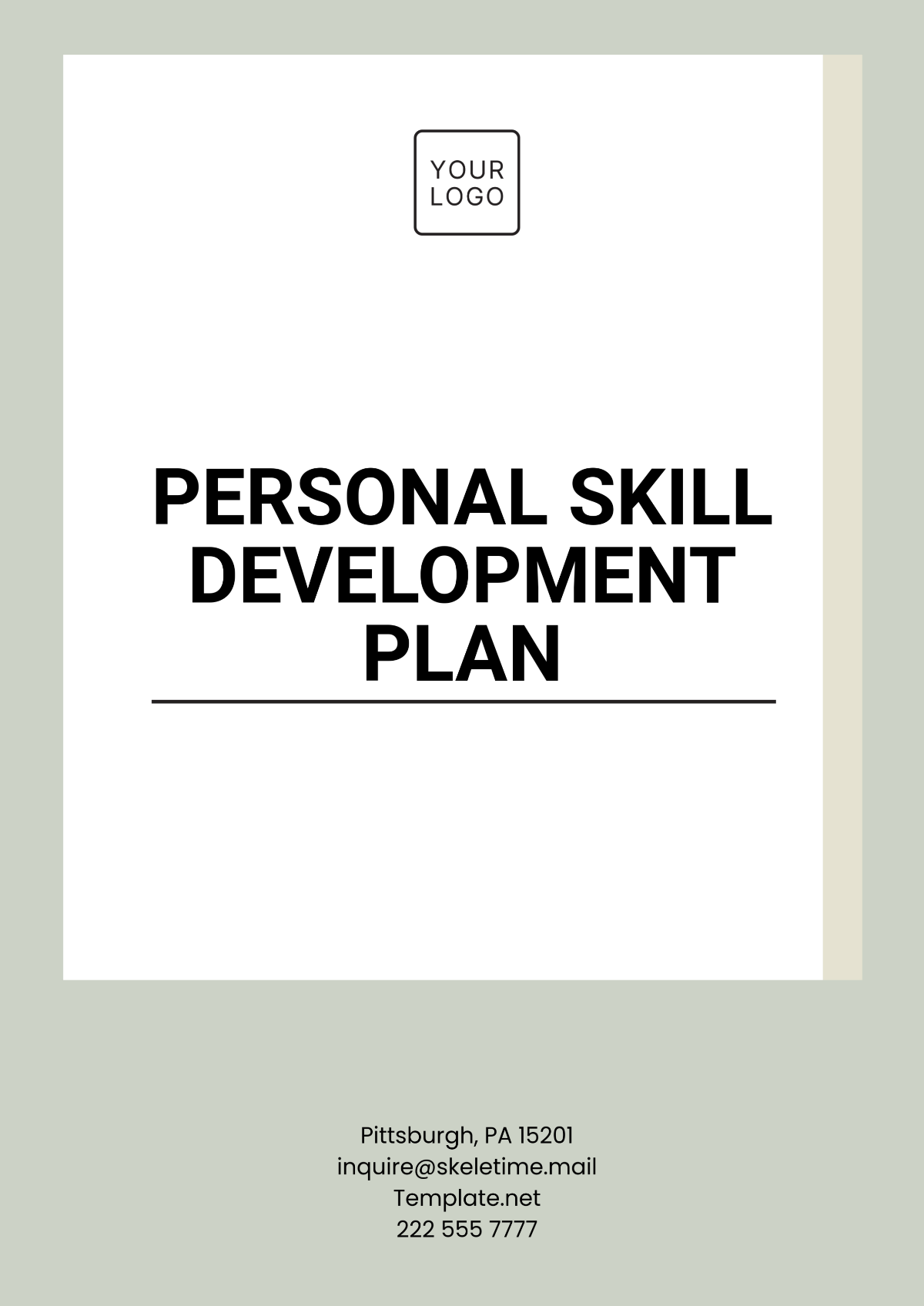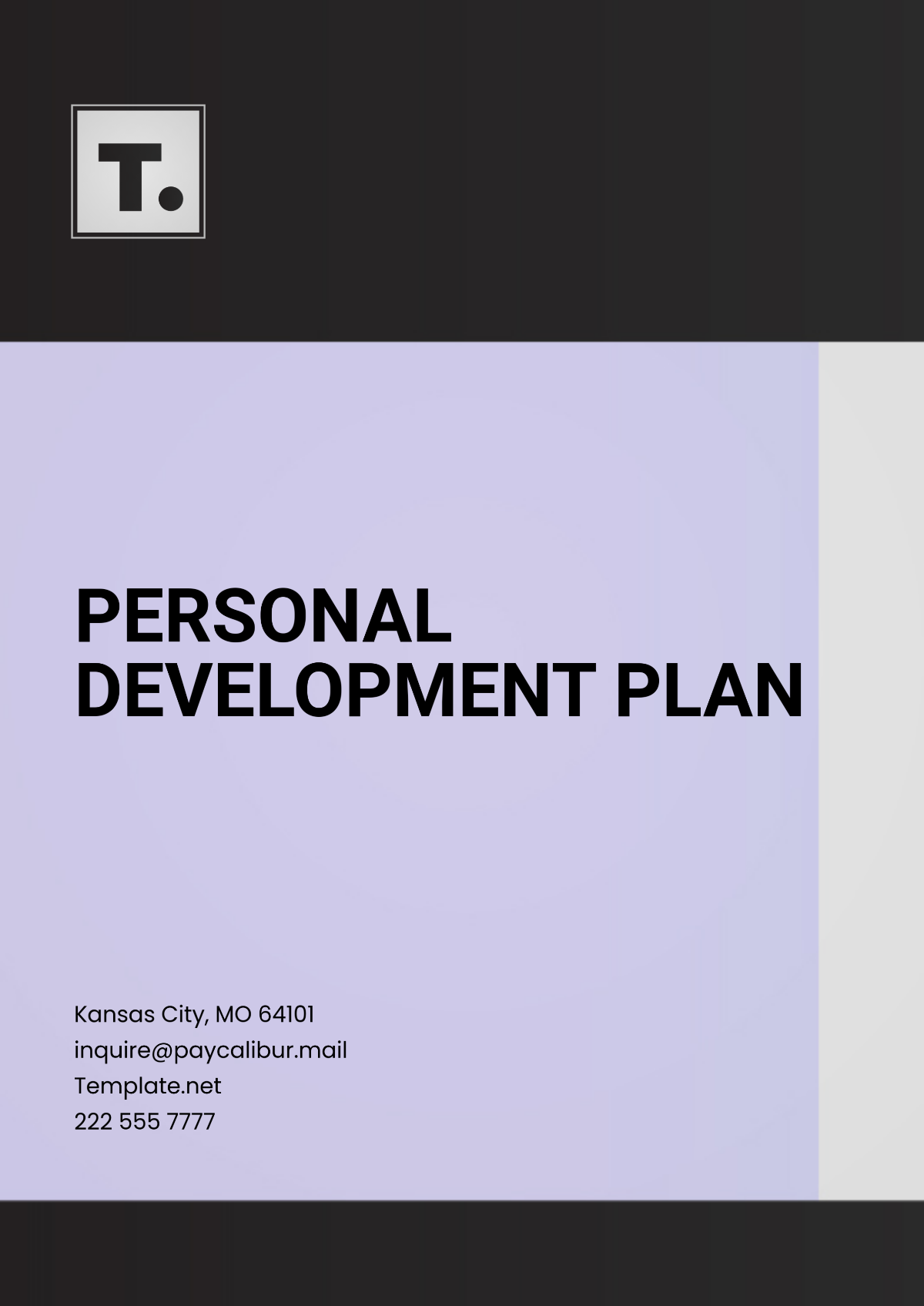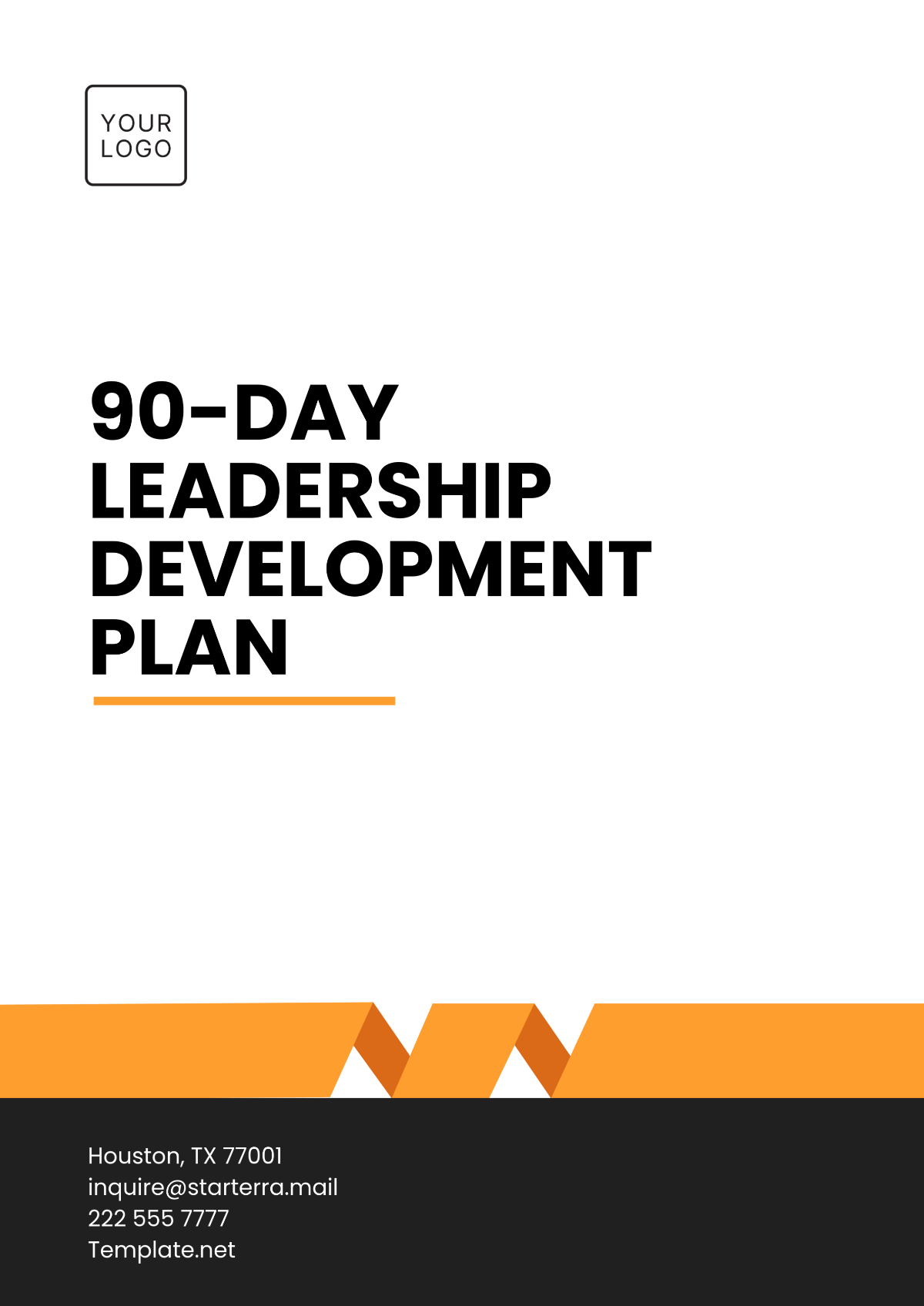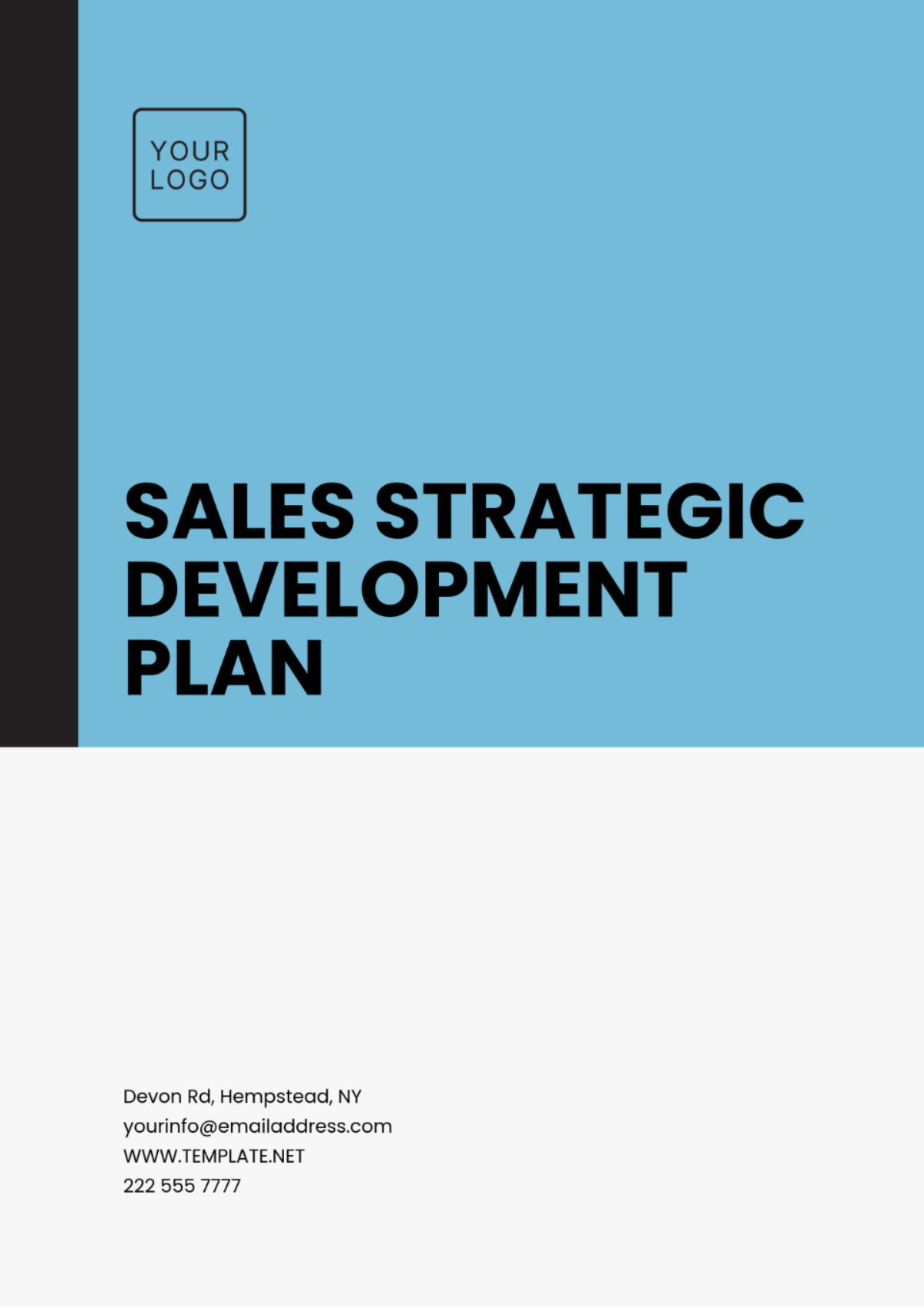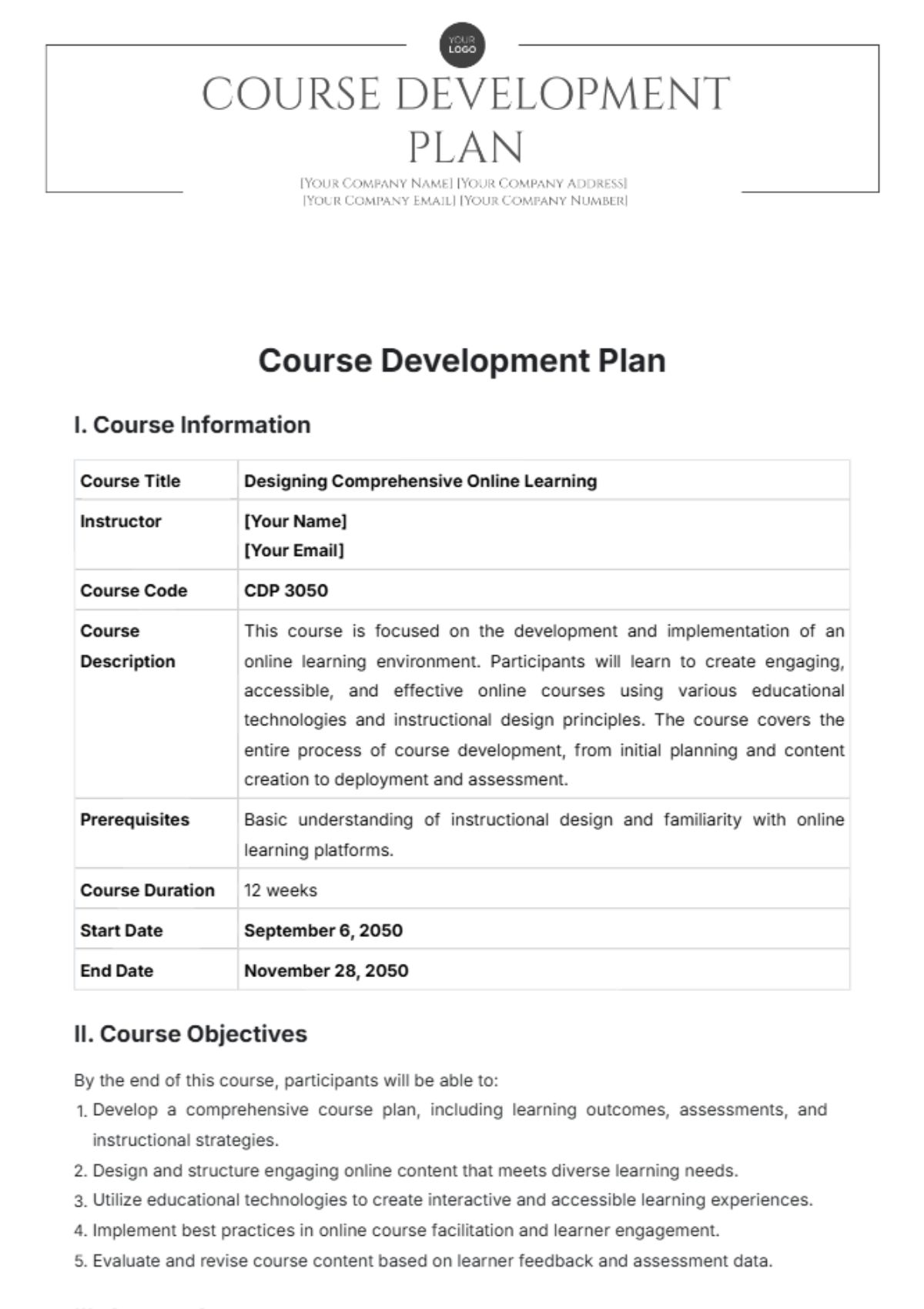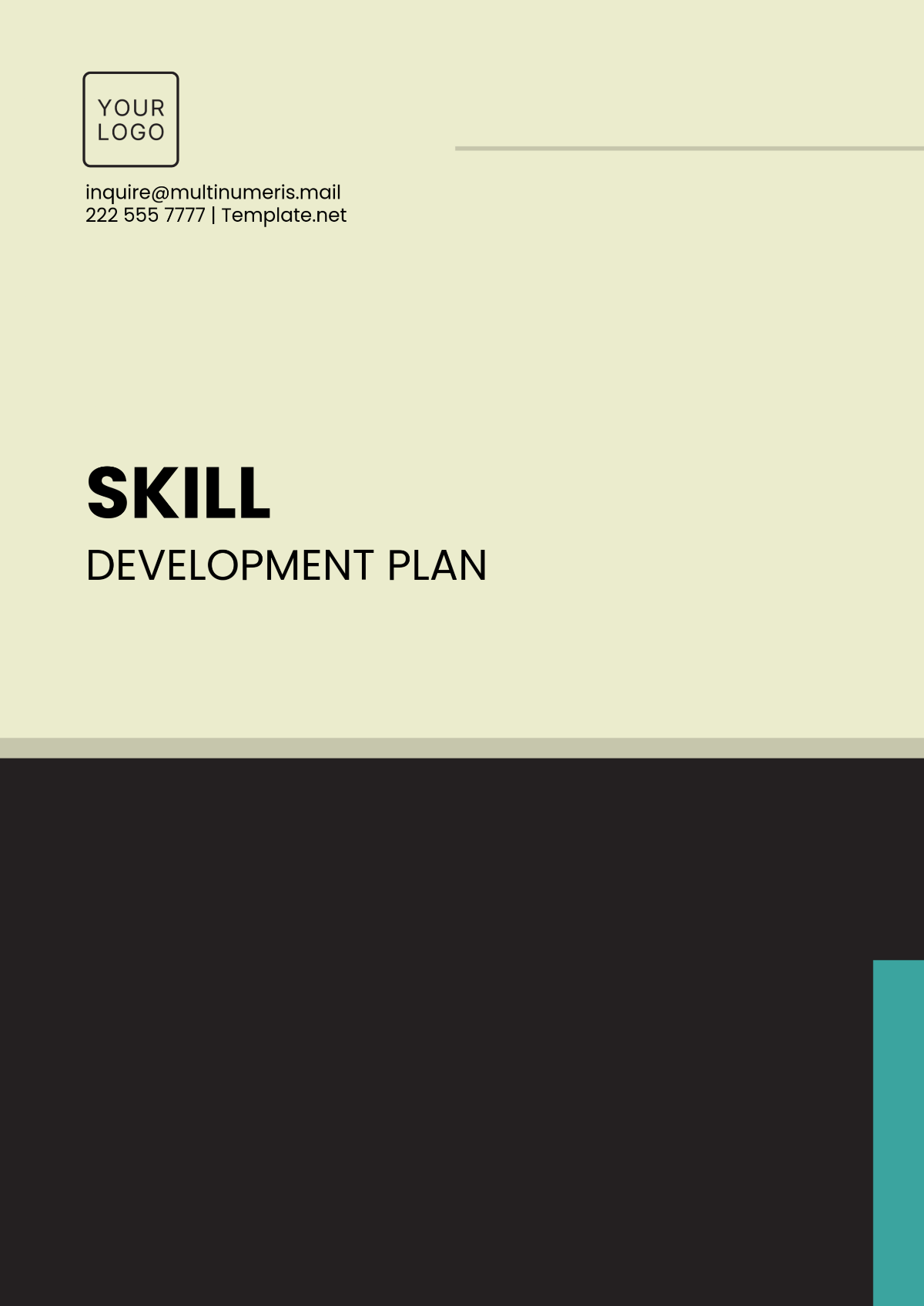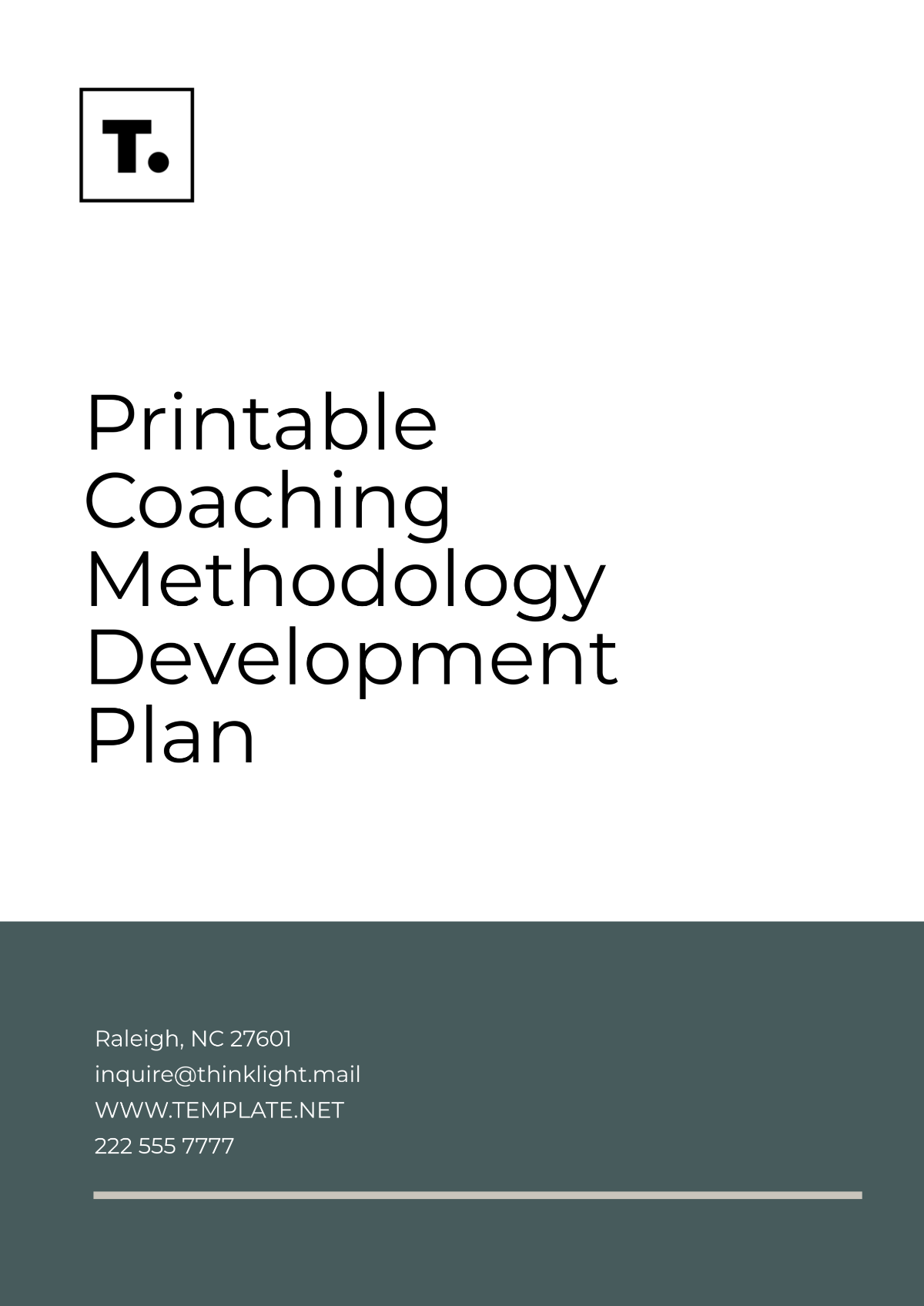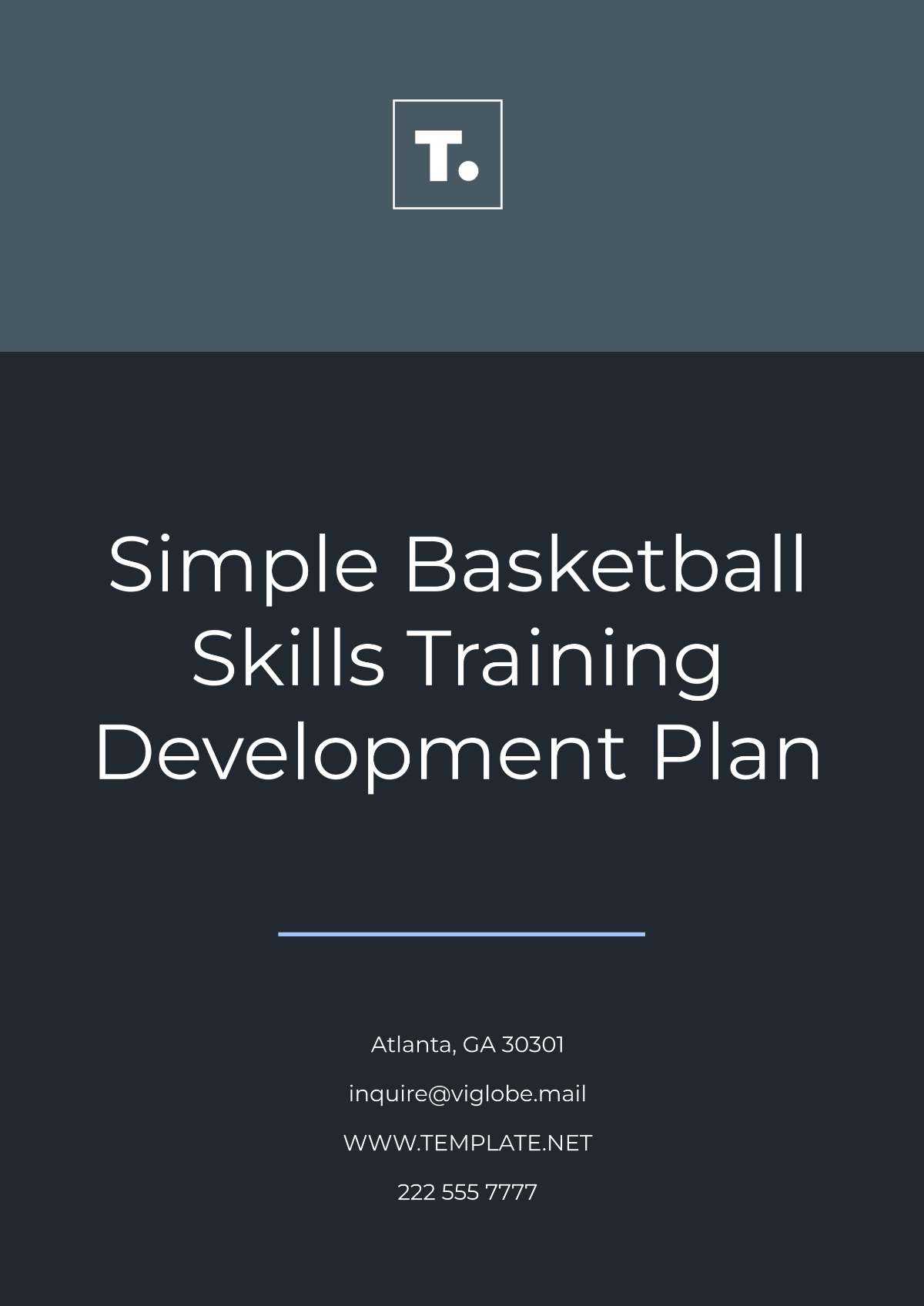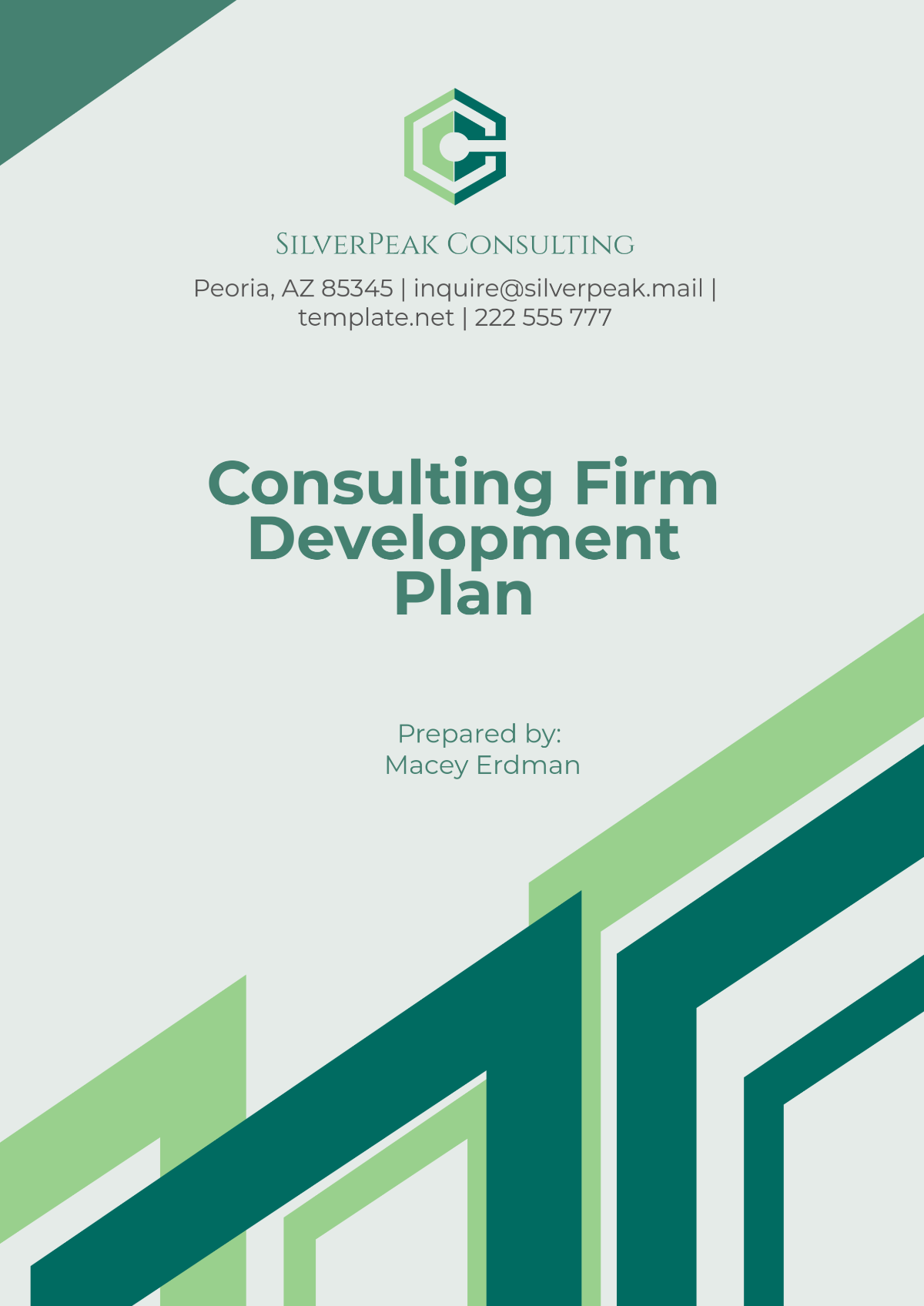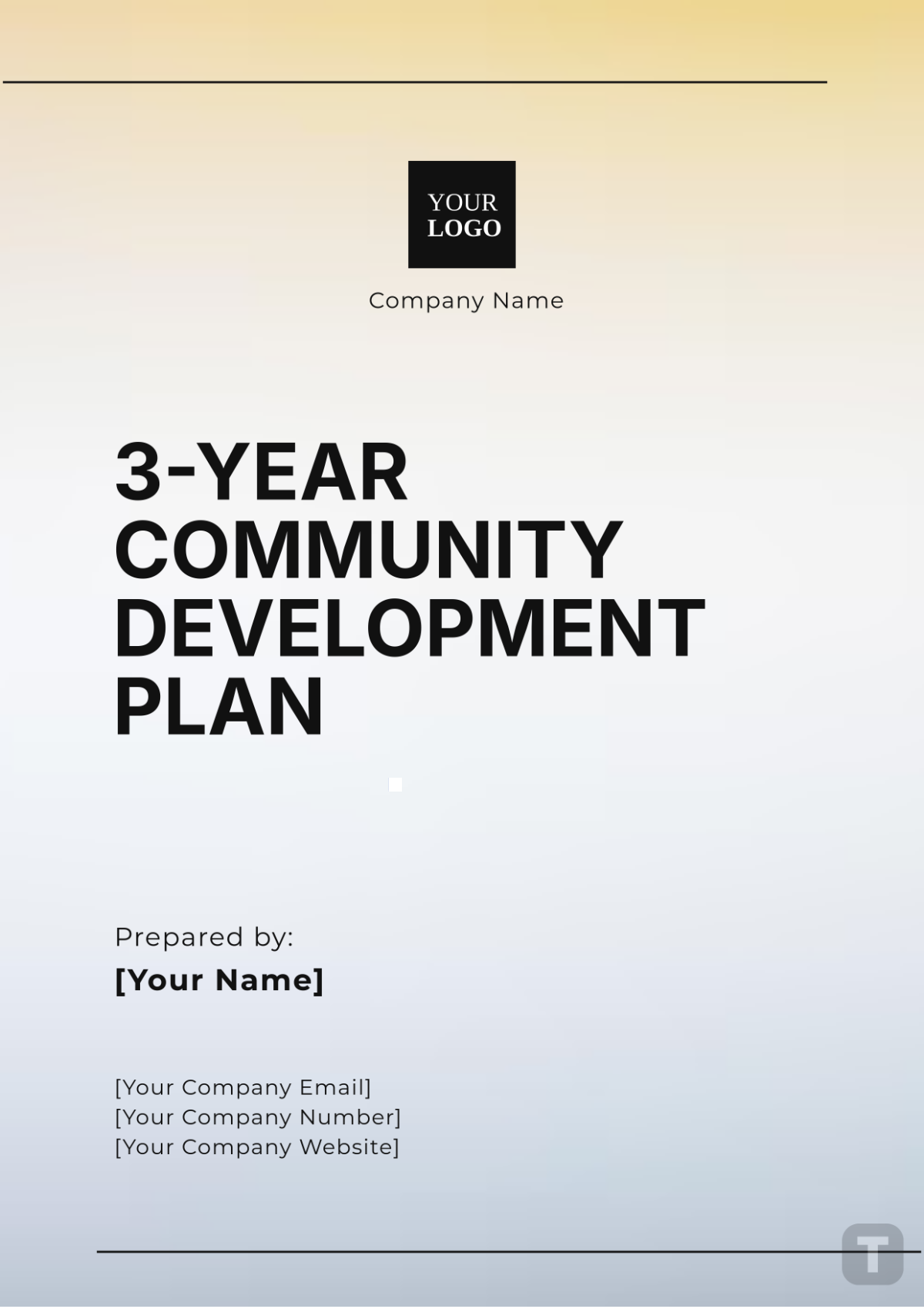Personal Development Plan
Prepared by: [Your Name]
I. Personal Assessment
A. Strengths
Problem-Solving Skills: Consistently identifies practical solutions to challenges, particularly in high-pressure situations.
Communication and Teamwork Abilities: Effectively collaborates with diverse teams and conveys ideas clearly in both written and verbal formats.
Adaptability: Quickly adjusts to changes and thrives in dynamic environments, such as taking on new roles or responsibilities seamlessly.
B. Weaknesses
Time Management: Struggles to prioritize tasks effectively, leading to occasional delays in meeting deadlines.
Technical Expertise: Limited knowledge of advanced tools for data analysis, such as Python, R, and specialized software.
C. Opportunities
Professional Development Workshops: Regularly available training sessions within the company or through external providers to enhance skills.
Mentorship: Access to experienced mentors who can provide guidance and constructive feedback on career progression.
Networking: Participation in industry conferences and seminars to establish meaningful connections and learn from experts.
D. Challenges
Work-Life Balance: Finding the right balance between personal responsibilities and professional growth initiatives.
Consistency: Maintaining a steady focus on personal development despite potential distractions or setbacks.
II. Goals
A. Short-Term Goals
Certification: Earn a recognized certification in data analysis (e.g., Data Analytics Professional Certificate by Google) within the next six months.
Time Management: Develop better habits by using tools like a digital planner or project management software (e.g., Trello, Asana) to structure daily tasks effectively.
Professional Network Expansion: Connect with at least 20 new industry professionals via LinkedIn by the end of the year.
B. Long-Term Goals
Leadership Role: Transition into a management or leadership role within the next five years by building the necessary skills and experience.
Project Management Mastery: Develop expertise in project management through training, certification (e.g., PMP certification), and practical application.
Personal Brand: Establish a strong personal brand as an expert in the field through speaking engagements, blog writing, and active participation in professional forums.
III. Action Plan
A. Steps to Achieve Goals
Skill Development: Enroll in and complete an online course focused on data analytics tools, ensuring hands-on practice with platforms like Tableau and SQL.
Time Management Training: Dedicate one hour daily to implementing productivity strategies, such as the Pomodoro Technique or Eisenhower Matrix.
Networking: Attend monthly webinars, conferences, or meetups to build meaningful professional connections.
Leadership Skills: Volunteer for team lead roles or cross-functional projects to develop and demonstrate leadership capabilities.
B. Timelines
Certification: Complete by June 2055.
Time Management Practices: Start immediately and review progress weekly.
Networking: Achieve the goal of six meaningful events by the end of 2054.
Leadership Development: Show demonstrable improvements by the end of 2055.
IV. Skills and Knowledge Development
A. Areas for Improvement
Technical Competence: Gain proficiency in data visualization and statistical modeling using tools like Python, R, and Power BI.
Leadership: Enhance decision-making, conflict resolution, and motivational skills necessary for effective team management.
Communication: Refine public speaking and presentation skills to confidently deliver ideas to diverse audiences.
B. Resources Needed
Courses and Certifications: Utilize platforms like Coursera, Udemy, and LinkedIn Learning to access high-quality training materials.
Books and Articles: Read books like Atomic Habits by James Clear for productivity insights and The Leadership Challenge by Kouzes and Posner for leadership strategies.
Mentorship and Coaching: Seek guidance from experienced professionals within the organization or through professional coaching services.
V. Monitoring and Evaluation
A. Criteria for Success
Certification: Successfully pass the data analysis certification exam and apply learned skills to work-related tasks.
Productivity: Meet deadlines consistently with improved task prioritization and workflow efficiency.
Feedback: Receive positive performance reviews and constructive feedback from mentors, peers, and supervisors.
Networking Impact: Gain valuable insights or opportunities from new professional connections, such as job leads or collaborations.
B. Progress Review Timelines
Conduct weekly self-assessments to track progress on goals and identify any obstacles.
Schedule monthly check-ins with a mentor or manager to review achievements and adjust strategies.
Hold quarterly evaluations to reflect on accomplishments and set new milestones.
VI. Reflection and Adjustments
A. Self-Reflection
Progress Evaluation: Regularly review the achievements made towards personal and professional goals, identifying areas of success and those needing further effort.
Lessons Learned: Reflect on strategies that worked well and challenges faced during the process.
B. Adjustments
Timelines: Reassess deadlines if unforeseen circumstances arise, ensuring realistic expectations are maintained.
Goals: Modify or add new objectives as priorities shift or as career aspirations evolve.
Resources: Incorporate additional tools or seek alternative learning platforms to better address development needs.
